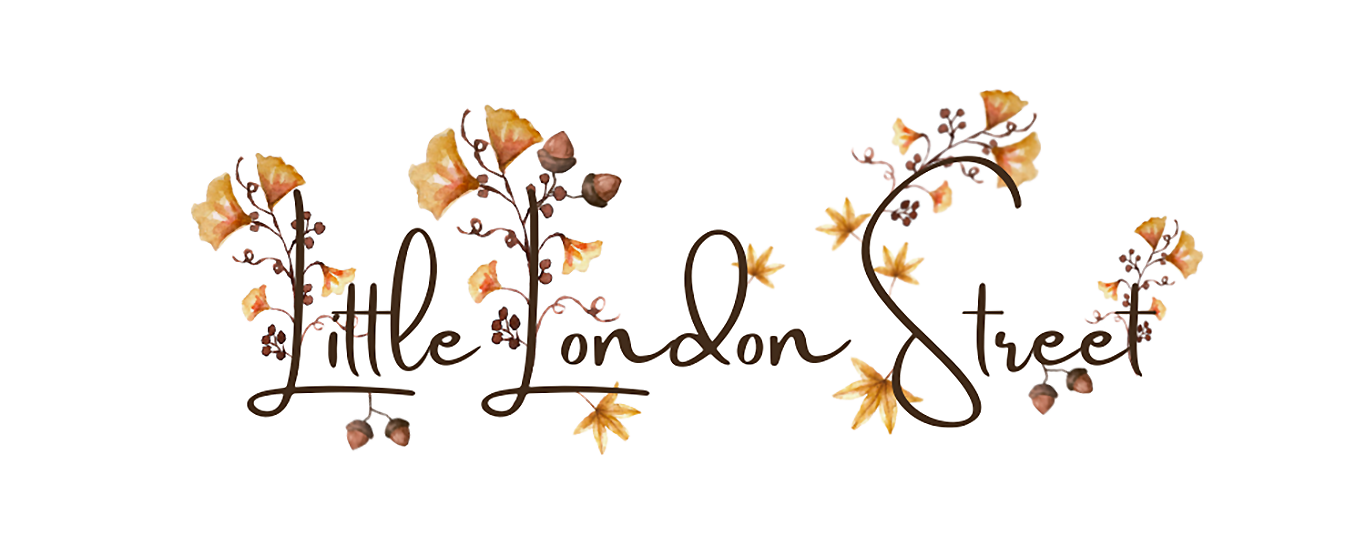Time to blow some minds.
I enjoy writing nonfiction. *gasp*
'Tis true! And here's why: I love arguing to prove my point, describing people and places from a purely observant POV, and I love editing my papers to perfection. Heck, I even love blogging, which is a genre of nonfiction all together!
But, contrary to my anomaly of a personality, most fiction writers don't seem to enjoy writing nonfiction. I asked a bunch of my cabin-mates for Camp NaNo (ayyyyyy, frens! *finger guns*) how much they liked writing nonfiction, and for what reasons they disliked writing it. Here are some of the responses I got!
Shout-out to my cabin mates!! You know who you are. ;) Thanks for responding to my questions! <3
- It's hard to make [nonfiction] as interesting as fiction, it limits your creativity, and it's not as easy to find inspiration for nonfiction.
- It's harder...to come up with ideas; writing nonfiction sometimes feels more restricting than fiction, and I find it hard to stick to a structure.
- If it’s an essay—...they are more difficult to write, because you have to list the facts in an interesting but summarized way.
- It can be dry and removed
- It can be cliche, especially if you are writing about someone famous
- You have to research a lot!
- It's not as fun and creative as fiction,...and frankly I like to escape reality, not write about it.
So, obviously, there's a common thread here. Many young writers (and maybe even older, more experienced ones!) feel that nonfiction limits their creativity, and with that assumption, there's NO WAY that writing nonfiction can help you become a better novelist. Right? WRONG! In today's post I'm presenting you with all the ways writing nonfiction is helping me become a better novelist.
Le Reason Uno
Nonfiction focuses more on craft rather than plot or story and characters. Even with a co-focus on the development of ideas, a good paper is all about how you word and present the material. If you have sloppy coherence and marred unity, then your readers will be confused. Writing nonfiction reminds me and enforces how I craft the lesson I want to teach my reader.
Le Reason Dos
Speaking of lessons...
*cue screaming*
Yeah, let's talk about lessons for a minute. The purpose of any piece of literature is to teach you something that impacts your life. It can be empathy, or something practical like how to fix a bike, to the mystery behind black holes. You could even study how other people think and write! My point is that lessons, or themes, are so lost in today's fictional literature, that it's hard to find anything good to read nowadays. Some books are written for pure entertainment, but even then a good piece of entertainment will teach you something, usually emotional (think Pixar). By learning to write nonfiction you exercise your ability to focus on the lesson (theme) of your paper (or story).
Le Reason Tres
By learning how to write nonfiction, you learn how to organize and develop concepts and ideas into something cohesive. This is very helpful because most of the time, in fiction, we tend to focus on our plot lines and build in theme later. That's not exactly how it should go, since the theme of our story contains the lesson we are trying to teach. (^See Le point 2^) By handling concepts and ideas as a main thread, it becomes easier to develop habits that help keep us on the focus of our fictional stories.
Also, working with ideas is way different from working with characters. There's no ornery wills and personality-caused accidents!! You're forced to think a little differently about how to impress upon someone the idea you're trying to communicate. You exercise your voice, which in turn can influence how the voices of your characters affect your reader.
Le Reason Four(?)
When you write in genres such as historic fiction or science fiction, you have limits to how much you can make up, and being reigned in by realism is difficult. However, learning to stretch creatively within a scope can you help you create impacting, lively stories.
When writing nonfiction, we train creatively to work within the box, which stretches our creativity to different levels. It's one thing to have a broad imagination, and it's another thing to have creative flexibility within a small scope. There are hundreds of ways to be creative within nonfiction, we just need to be open to how it works. Once we get the flow of being creative within constraints, we can implement that in our fiction and more easily work through writer's block and maybe come up with non-cliche plot twists!! Forget about love hexatangles—new plot twists are really what we need, guys. XD
Ayyyyy---->FIVE*
Editing practice! I find it easier to edit my nonfiction papers for some reason. Go figure. Anyways, papers don't take as long to write as novels, and so the editing comes much sooner. Pros to this:
- the length is less daunting
- opportunity to exercise the few editing skills I possess
- critical thinking, yo
- no more pros because #EDITINGisPAIN
*obviously someone got bored with them headings
SEIS WUT EVEN
Research practice! Most of the time, you have to do a substantial amount of research and note-taking to be a credible author of educational papers. Research makes your stories more realistic in sense of setting, time period, and little random intricacies. So by learning how to properly research a paper, you can take those same techniques and get to properly researching that novel you've been procrastinating.
Research practice! Most of the time, you have to do a substantial amount of research and note-taking to be a credible author of educational papers. Research makes your stories more realistic in sense of setting, time period, and little random intricacies. So by learning how to properly research a paper, you can take those same techniques and get to properly researching that novel you've been procrastinating.
SEVEN (like how did I learn this much)
In nonfiction, you have to be as direct as possible. Your paper needs to pack a punch. Let's apply this to stories. Who ever wants to read this hunk-a-junk?
There was a bush and there was a kid and the kid decided to beat around the bush because there was a bubble of emotion in his heart that prevented him from looking inside the bush and so he extended a limb and stretched five more appendages on the end of that limb and then all those appendages jerked back because of that bubble of emotion and inside the bush was a bright yellow thing surrounded by glass and metal and this kid is one of those people who just sits around in a cave and hates sunshine so reason for the bubble of emotion in his heart that prevented him from touching said bush.
I bet you're confused and hate that story. Aside from being one continuous sentence (my inner editor is trying to strangle me right now), the problem with this story is that it is so FREAKING LONG and INDIRECT. The kid is scared of touching a lantern inside a bush because he is a hermit. Boom. Mic drop. Moral of story: be direct or I wiLL EaT YOU ALIVE. Writing nonfiction teaches you to be direct and get your point across in only as many words as needed.
So, there you have it! All of these have impacted to varying degrees how I write novels. What about you? Do you enjoy writing nonfiction? Have you noticed any ways that it impacts how you write fiction? What are your opinions on the subject?
I've been working on this post for weeks, and so I don't even know if it makes sense? Maybe?? Hopefully?? Help reassure me in the comments. XD This was supposed to up last week, but HAHA I can't keep promises. Lol. *sobs* But I do have a book review coming at you later this week (dunno when), so stick around for ravings and some critiques. Thanks for reading!! I really appreciate the support y'all give me as a blogger, getting-there-novelist, and book nerd. :) Stay awesome!
Smiles!
Nicole











Wow, these are great points. I actually have a nonfiction book I want to work on after I finish the trilogy I'm writing. The nonfiction book is about how social media has made us less social and has brought about a rise in depression and anxiety.
ReplyDeleteThank you for these awesome points! <3
~Ivie
That's a really great topic for a nonfic book!! I'm currently brainstorming a research paper (I might turn it into a book) about how technology has limited our creativity, and why we need to "think outside the box" in a more literal sense. :)
DeleteYou're welcome!! I'm so glad you enjoyed. :)
Well, you've given me hope for the future. I have a class for my upcoming year of school in which I'll likely have to write an essay a week. Sooo I'll just start considering it as practice for my fun writing... lol
ReplyDeleteGreat post!
Snapper | silverphoenixwriter.blogspot.com
LOL! XD Ouch, an essay a week doesn't sound too fun, but maybe you'll learn to enjoy it? It's possible. XD Good luck!!
DeleteThank you!! :)
Omw YES TO WRITING NONFICTION!! I've actually been thinking of taking a break of noveling after my current wips are done so that I can focus on nonfiction. Who says that being a writer means being a novelist?? XDD AWESOME POST!! I love the look of your blog so much - it's a shame I haven't been here in a while!! :DD
ReplyDeletesmiles lisa
That's a good idea!! It's actually kind of the opposite situation for me—I don't have much time to write fiction right now because I'm always working on nonfiction papers for school. XD I'll probably have more time net year tho, with dual enrollment and all. :P AND YES—being a writer isn't just fiction!! If it were up to me, I'd get authors into all sorts of genres. XD
DeleteThank you!!! I'm glad you're back. ;) Smiles!! (<------Ayy, look people are picking up on the trend!! XD)